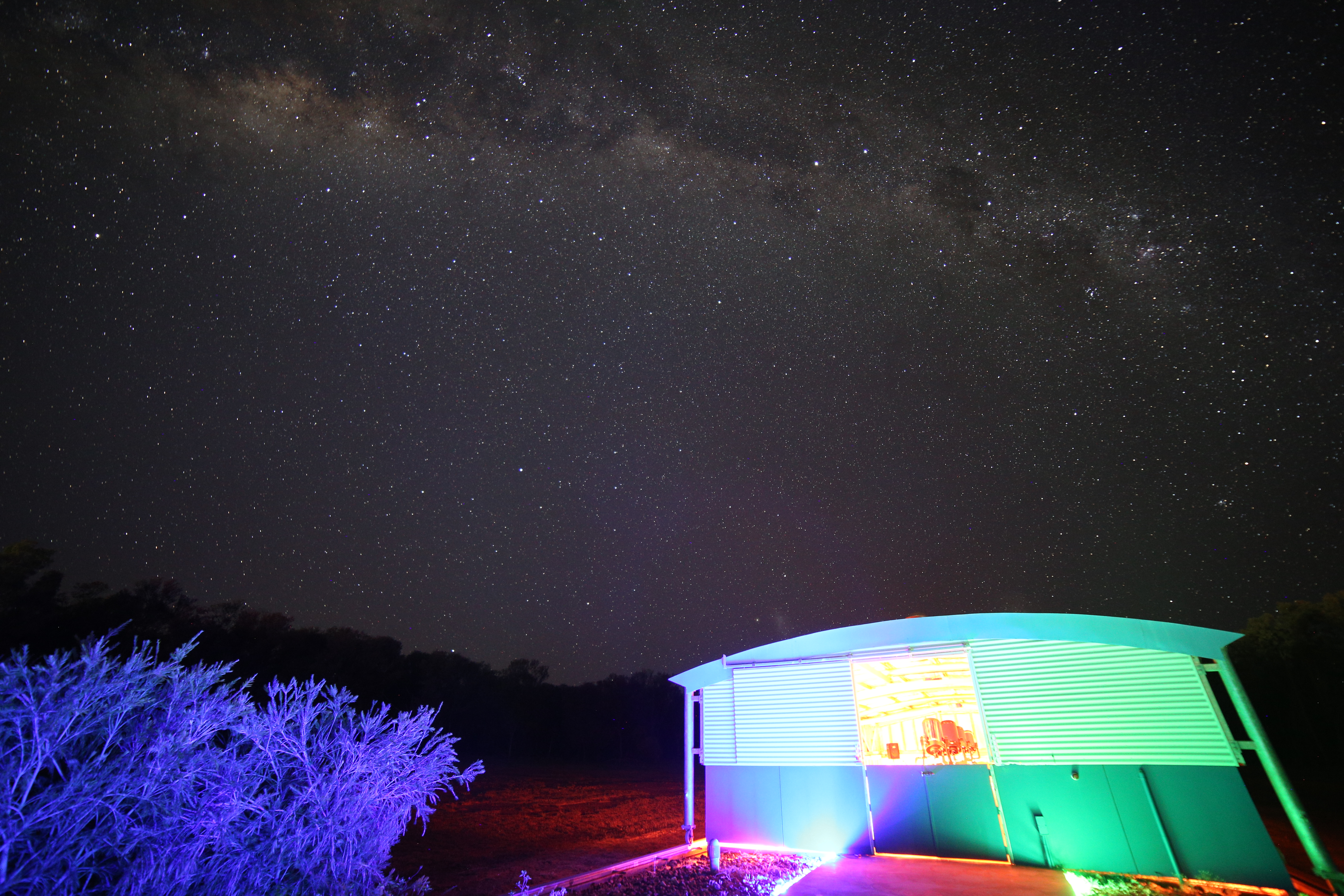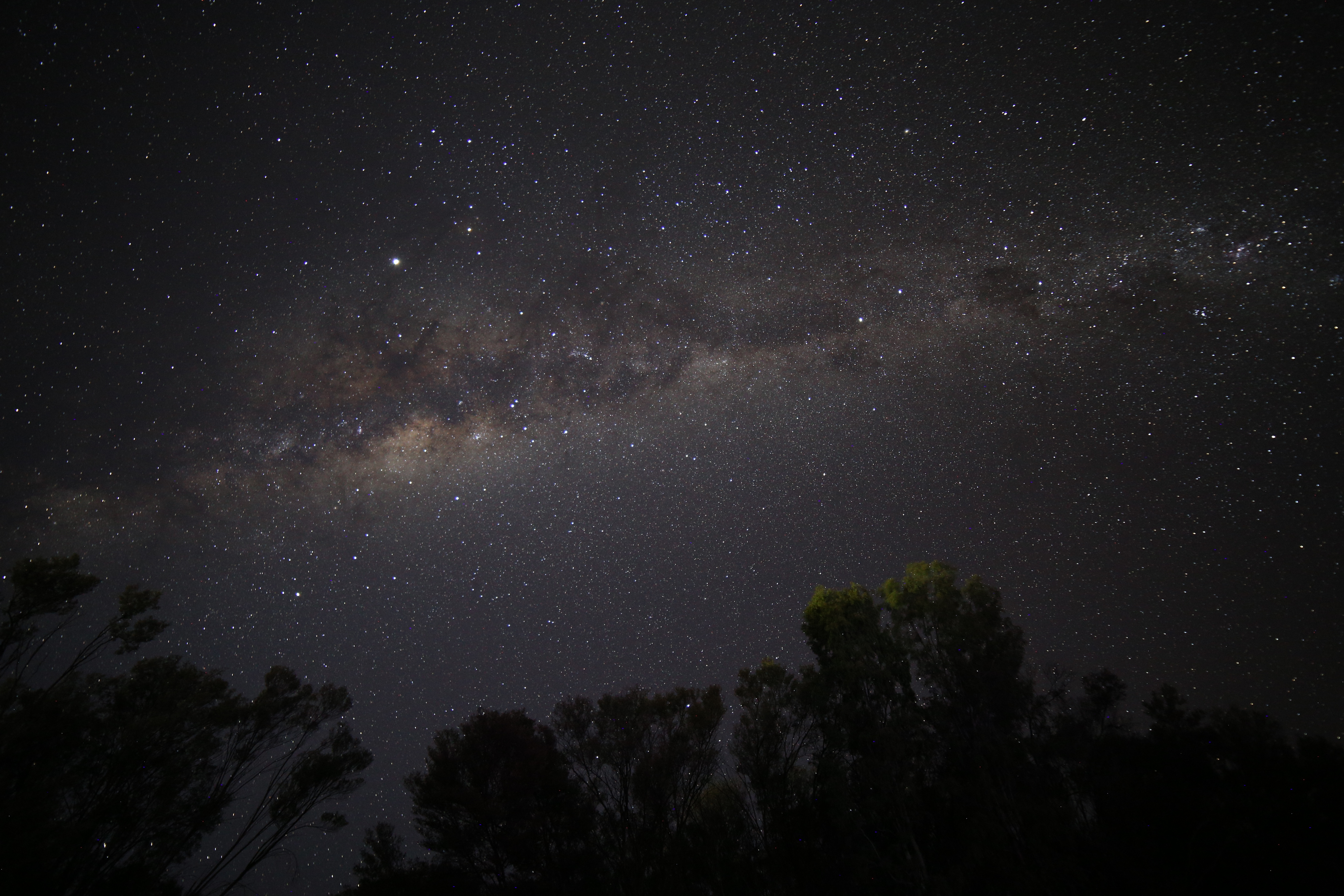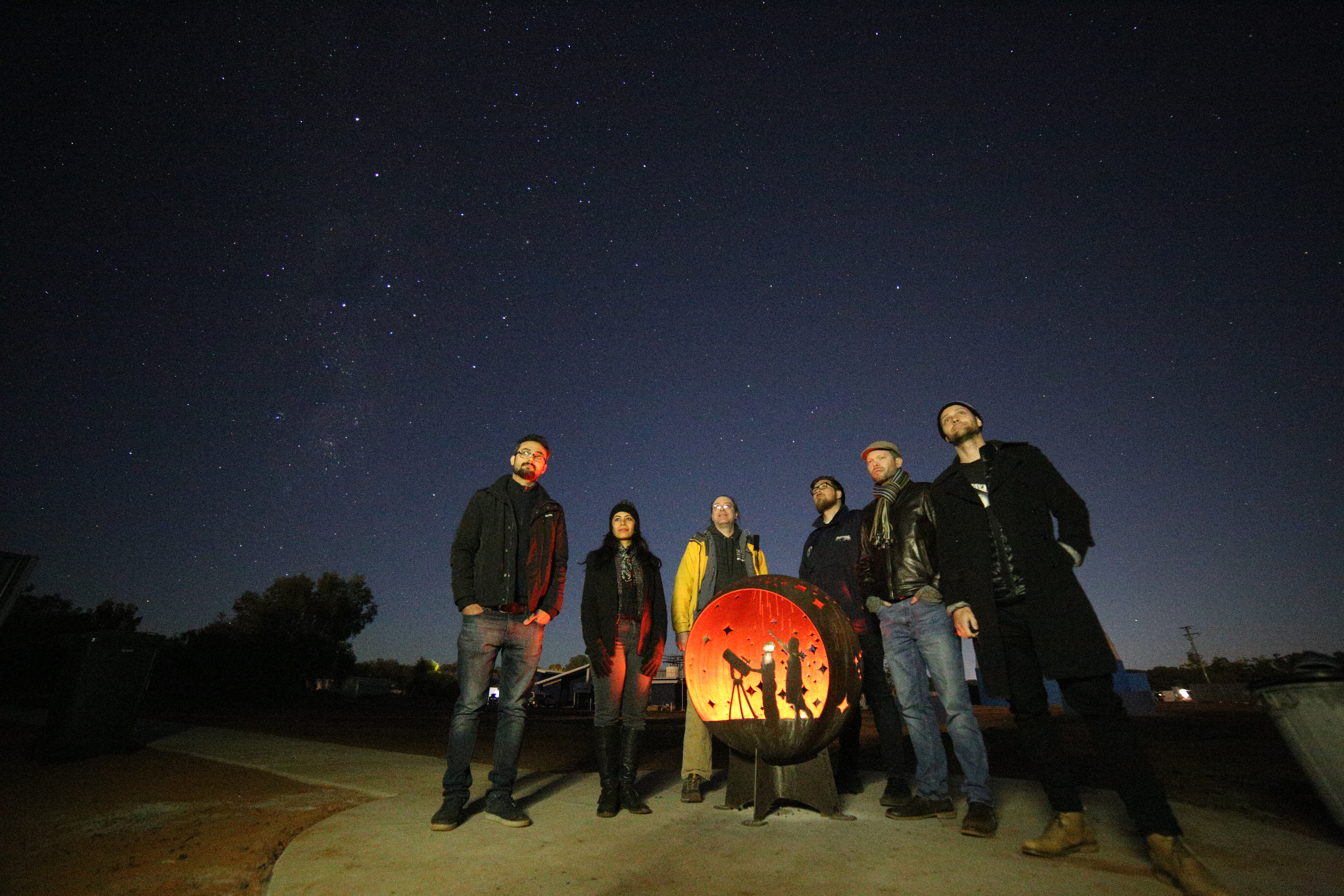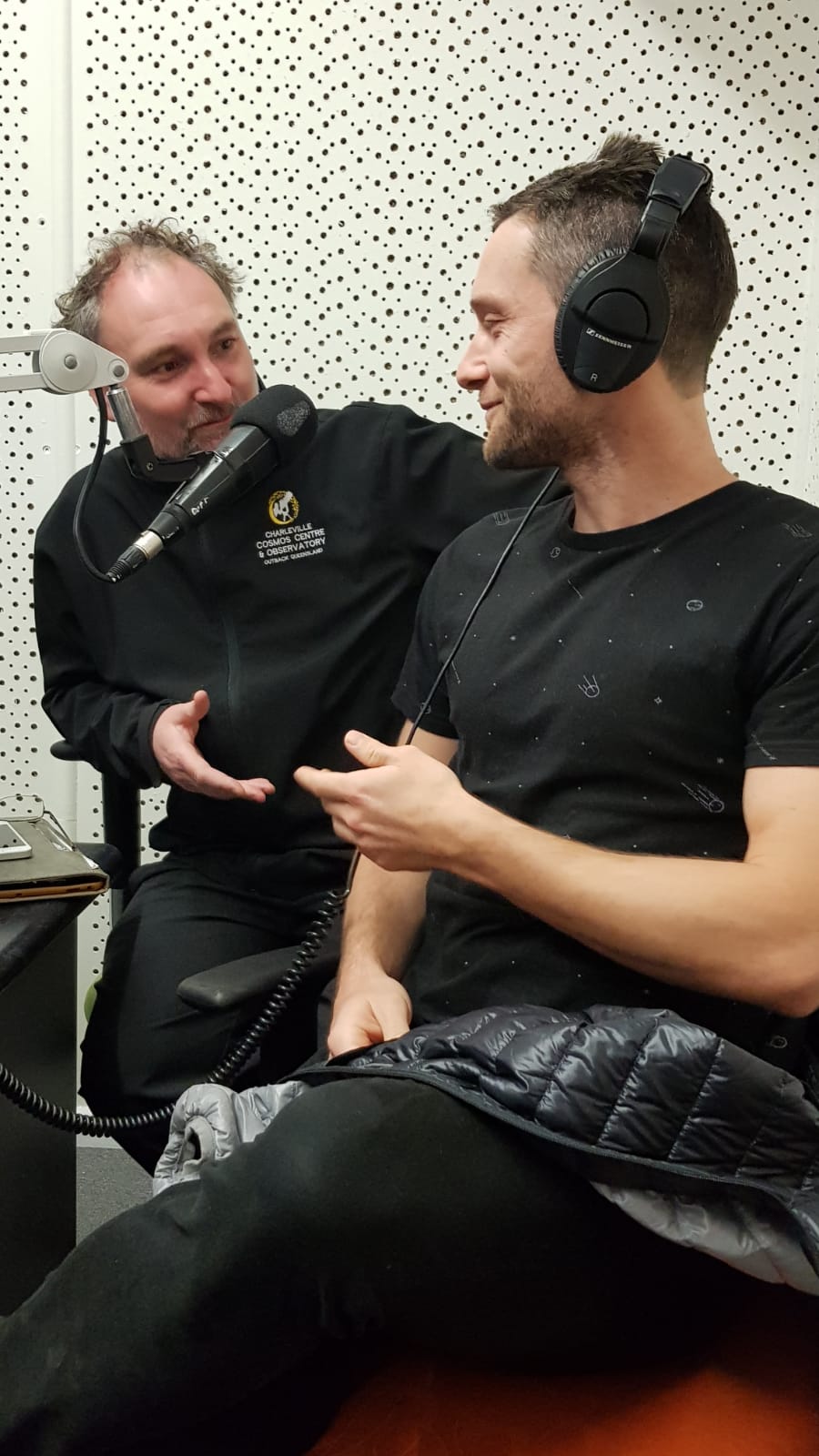Science communication 50 years after Apollo

Once upon a time I was an astronomer. I was also a computational geophysicist. Now I think of myself as data-scientist. Whatever the specific topic, understanding how the Earth, Universe and everything in it, is pretty much what any science is about. Disseminating scientific discoveries and understanding, and communicating how that is applicable to people in their day-to-day lives is an important part of this process. Everyone at SIH comes from a variety of backgrounds, but we all have the common goal: to empower researchers (and thereby everybody else) with scientific knowledge and application!

I was privileged enough to be invited to the Charleville Cosmos Centre, where they were celebrating the 50th anniversary of the Apollo 11 Moon Landing. Myself and another five visiting scientists joined the Cosmos Centre team, headed up by Astronomer Mike Dalley, for 4 intense days of celebration. During this time, I individually spoke to around 1000 people, and with radio and television appearances, this meant we got to share some cool stuff about science to a lot of people from a lot of different backgrounds in a lot of different formats.
It was fascinating to learn how researchers from different scientific disciplines related their work to Apollo - did you know there are 96 bags of poop on the Moon? The things you learn from biologists! It was a wonderful experience to share stories of people who had collected newspaper clippings and actually been there to see the original Moon landing take place.

With so many direct questions and levels of fundamental knowledge, adjusting the detail of the content can be tricky. You don’t want to simplify things too much, but it still needs to be accurate. And geez, more often than not, my understanding and communication does not get the correct point across. Still, I have found the best way to get better at this is by practicing! Who would have known?! Absorb as much information as you can, but then tell people about what you have learned in every forum and format possible. Volunteer for public talks, get involved with schools, teach a subject, chat with our friends, neighbours, children, and tell them about your interesting research! You will get more and more confident at giving talking about complex issues. These are not just people looking for inspiration and understanding, something to keep in mind is that they are voters also. Knowing more about how the world works can only be a good thing for being informed - yeah science!

Talking about science is fun for me, and even if you have no interest in science, it ultimately affects you so many times a day, so whether you like it or not, it is still important to you. Get in touch if you have any comments, questions, insights, or want to debate whether we landed on the Moon (spoiler - we did): nathaniel.butterworth@sydney.edu.au